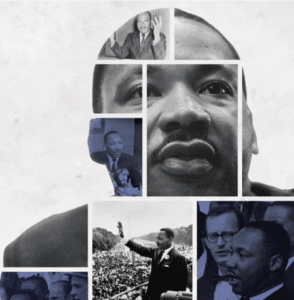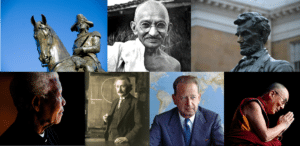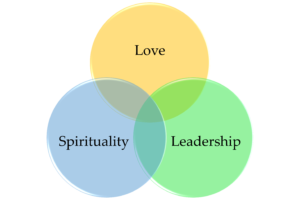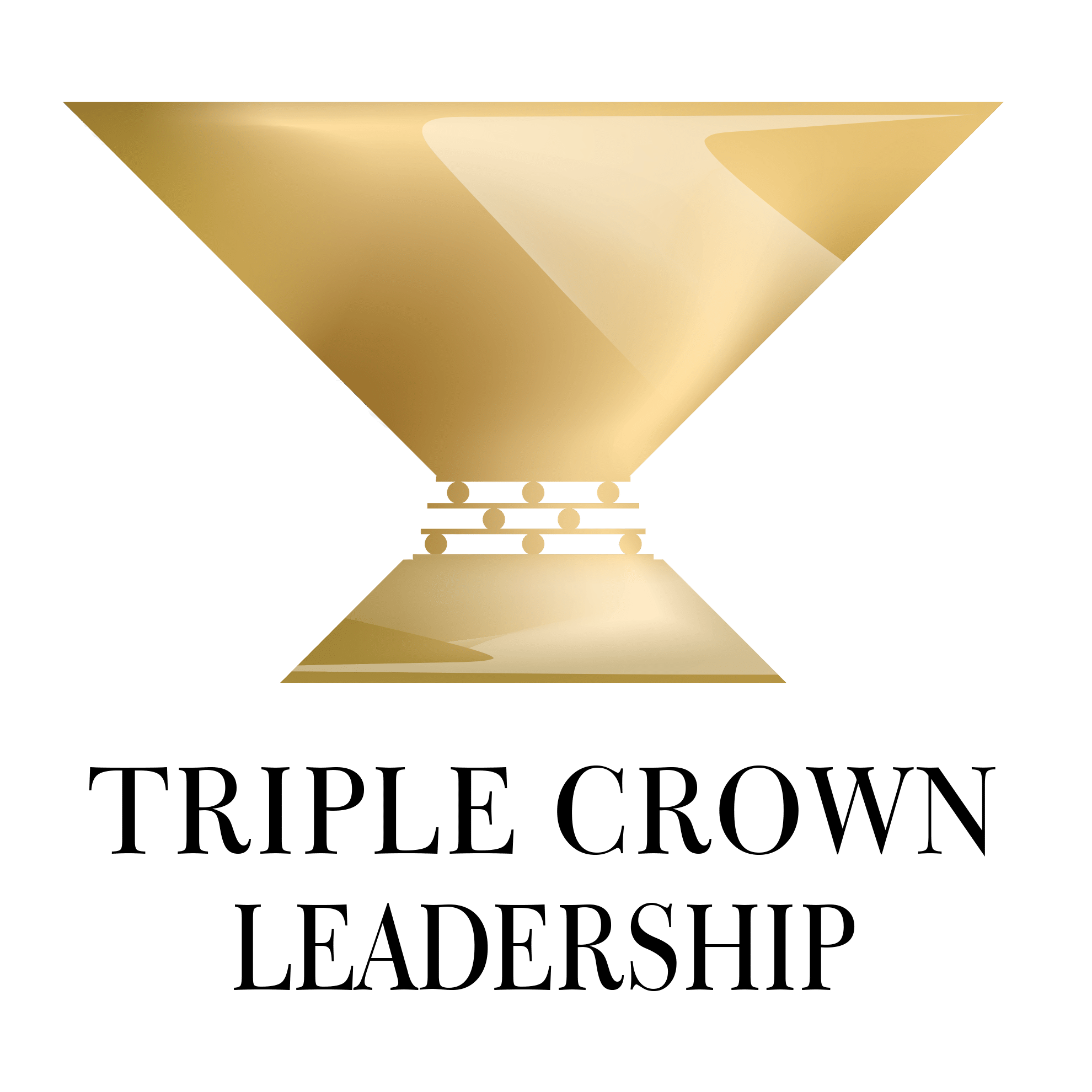
Compliments Are Not Always Helpful
(This is a guest blog from Frank Sonnenberg on the problem of fishing for compliments.) People like compliments. I get it. But what if you send the message that you only want good news and positive feedback? In fact, you want folks to tell you that your ideas are brilliant, your actions are flawless, and you’re as perfect as perfect can be, thank you. Unfortunately, fishing for compliments is not in your best interest. If you discourage people from pointing out your shortcomings, you’ll never learn how to better yourself. Moreover, if you fail to do a postmortem, you’re bound

Why We Need More Coaching Leaders
Article Summary: A coaching leadership style is on the rise to help organizations be more effective with today’s workers and our current challenges. +++ Coaching leaders provide guidance and support to people to help them achieve their goals and reach their full potential. They invest their time and energy into developing people. Coaching leaders identify people’s strengths and weaknesses and help them grow, improve, and succeed. What Is Coaching? Good coaching involves building trust, communicating effectively, encouraging, collaborating, developing self-awareness, showing compassion, asking questions, providing constructive feedback, giving stretch assignments, offering highly personalized support, and more. It helps people

Spirituality and Leadership in Action–Martin Luther King, Jr.
Article Summary: Here we profile Martin Luther King, Jr. as an example of someone who has incorporated spirituality into his leadership with great effect. (This is part of a series on spirituality and leadership.) +++ In recent articles, we covered “Spirituality and Leadership—Leading with Heart and Love” and “How to Bring Spirituality into Your Leadership.” We noted that there are seven aspects of spirituality that can be applied to leading—and that love is an important part of the equation when people incorporate spirituality into their leadership. See the images below. Here we profile Martin Luther King, Jr. as a powerful

Spirituality and Leadership in Action—Modern Examples
Article Summary: This article profiles several prominent modern leaders who have incorporated spirituality into their leadership, from JFK and Mother Teresa to Jane Goodall and Indra Nooyi. (This is part of a series on spirituality and leadership.) +++ In recent years, there’s been a growing interest in spirituality and leadership—and the related efforts around workplace wellbeing, purpose, meditation, mindfulness, mental health, and more. In previous articles, “Spirituality and Leadership—Leading with Heart and Love” and “How to Bring Spirituality into Your Leadership,” we noted that there are seven aspects of spirituality that can be applied to leading—and that love is an

Spirituality and Leadership in Action–Historical Examples
Article Summary: This article profiles several prominent historical leaders who have incorporated spirituality into their leadership, from George Washington to the Dalai Lama. (This is part of a series on spirituality and leadership.) +++ In recent decades, with big challenges like a pandemic, climate change, global financial strains, political division, wars, and concerns about the pace of technological change, there’s been a lot of soul-searching about the roles of work and business in our lives. That’s led to growing interest not only in sustainability, conscious business, and stakeholder capitalism but also in spirituality and leadership. In their book, The Healing

How to Bring Spirituality into Your Leadership
Article Summary: Incorporating spirituality into our leadership can be powerful for people and organizations. Here’s how leaders can go about it. (Part two in a series on spirituality and leadership.) +++ Our previous article, “On Spirituality and Leadership—Leading with Heart and Love,” addressed the power and many benefits of spirituality and leadership. Bringing spirituality into our leadership entails focusing on the human spirit—both ours and those of our colleagues. It entails recognizing our interdependence, connecting with our colleagues, honoring our shared values, and working together toward a higher purpose. It involves focusing on people and their heart qualities and positive

On Spirituality and Leadership—Leading with Heart and Love
Article Summary: On the relationship between love, spirituality, and leadership—and leading with heart. The first in a three-part series on spirituality and leadership. + + + Many of the derailers that inhibit the effectiveness of leaders concern matters of the heart and spirit that have gone awry for these leaders. For example, our Leadership Derailers Assessment includes these damaging leadership characteristics: abusive, bullying, burned out, controlling, disconnected, egotistical, hypercritical, intimidating, obsessive, toxic, and addicted to their work. Let’s not pretend that leading is easy. It isn’t. But it’s critical for people in positions of authority to lead themselves first, starting

Love-Based Leadership in Action
Many executives today lead through fear to protect their power and influence. Or they’re closed off and distant from their team. Others lead with love, which entails connecting, caring, recognizing, appreciating, giving, forgiving, having fun, and more. Leading with love can be powerful and even transformative for organizations and the people in them. In recent articles, we covered “The Case for Love-Based Leadership” and “How to Bring Love-Based Leadership to Your Workplace.” Here we provide examples of love-based leadership in action, including: Our own experience with love-based leadership Practitioners on implementing love-based leadership in the workplace Experts and researchers on

How to Bring Love-Based Leadership to Your Workplace
Article Summary: Love-based leadership can be transformative for people and organizations. Here’s how leaders can bring it about in their workplace. +++ Our previous article, “The Case for Love-Based Leadership,” addressed the transformational power and many benefits of love-based leadership. Leading with love entails connecting, caring, showing compassion, recognizing, appreciating, giving, forgiving, having fun, and more. It’s closely tied to what researchers Sigal Barsade and Olivia O’Neill described as “a culture of companionate love—based on the degree to which employees express affection, caring, compassion, and tenderness towards each other.” Given the power of love-based leadership, with all its benefits, the

The Case for Love-Based Leadership
Article Summary: Love-based leadership can help transform ourselves and our organizations. It has many powerful benefits. +++ Love-based leadership belongs in our workplaces, but it’s not what we often think of as love. Love can mean different things. We can love our spouse or child, or a friend, or a book or film, and more. Different Types of Love Ancient Greek philosophers described several different types of love, including: Eros: romantic, passionate, intimate, or sensual love, potentially including sexual attraction and longing. Storge: natural or instinctual love, affection, or allegiance (e.g., of parents or family members but also of

The Four Types of People in Any Organization (Beware the Fourth)
I was co-captain of the soccer team and we were flailing. Things weren’t all bad. We had good players—some great—and were doing well in league matches. But for some reason this season, several players were rebelling against the coach. Perhaps some of it was resentment about the intense focus on fitness, with brutal sprinting drills and long runs. Many players strongly preferred more skill work and scrimmaging over fitness regimens. Maybe some of it was his aloof style, with formality and distance from the players. Some players thought they were better than the coach at knowing the game, reading the

What to Do If You Work for an Unethical Organization
Article Summary: Here we describe what you can do if you work for an unethical organization, including specific tips and actions. +++ What should you do if you work for an unethical organization? In a previous article, we outlined how to determine if you work for an unethical organization. In that article, we described toxic leaders and workplaces. We recapped many of the rationalizations leaders use for unethical behavior. We also included a checklist you can use to determine if you’re working for an unethical organization. If you find yourself working in such an organization, the critical question is what

Are You Working for an Unethical Organization?
Article Summary: Some organizations are unethical. Here we outline how you can determine if your organization is unethical. Our next article will outline what you can do about it. +++ How can you determine if you work for an unethical organization? No organization is perfect. All leaders are fallible. But some organizations are downright unethical, exhibiting a pattern of dishonest or corrupt behavior over time. These organizations repeatedly mistreat their stakeholders. If the organization knowingly harms people, animals, or the environment, it’s unethical. In an unethical organization, there are invariably multiple leaders crossing the line. Unfortunately, many organizations struggle with

Ethical Challenges Across Industries—Implications for You
Some industries are ethically dirty, with widespread corruption, while others are clean. Most are somewhere in between. What are the signs of ethical challenges in an industry—and what to do about it? Many industries get good marks overall, including consulting, education, electronics, health, nonprofits, and more. Other industries are known for having ethical challenges. Examples include aerospace and defense, financial services, construction, cosmetics, energy, mining/extraction, pharmaceuticals, private prisons, information and communications technology, tobacco, and transportation and storage. The point, of course, isn’t that all people and all companies in these industries are corrupt. Far from it. We believe that most

The Best and Worst Bosses: Implications for Leaders
Article Summary: Here we describe the worst bosses and the best bosses—and we suggest what can you do to become more like a best boss. “Bosses shape how people spend their days and whether they experience joy or despair, perform well or badly, or are healthy or sick. Unfortunately, there are hordes of mediocre and downright rotten bosses out there, and big gaps between the best and the worst.” -Robert I. Sutton, Stanford professor Many of us have had bad bosses. Unfortunately, it’s all too common. What makes them bad? Worst Bosses The worst bosses are often caught up

